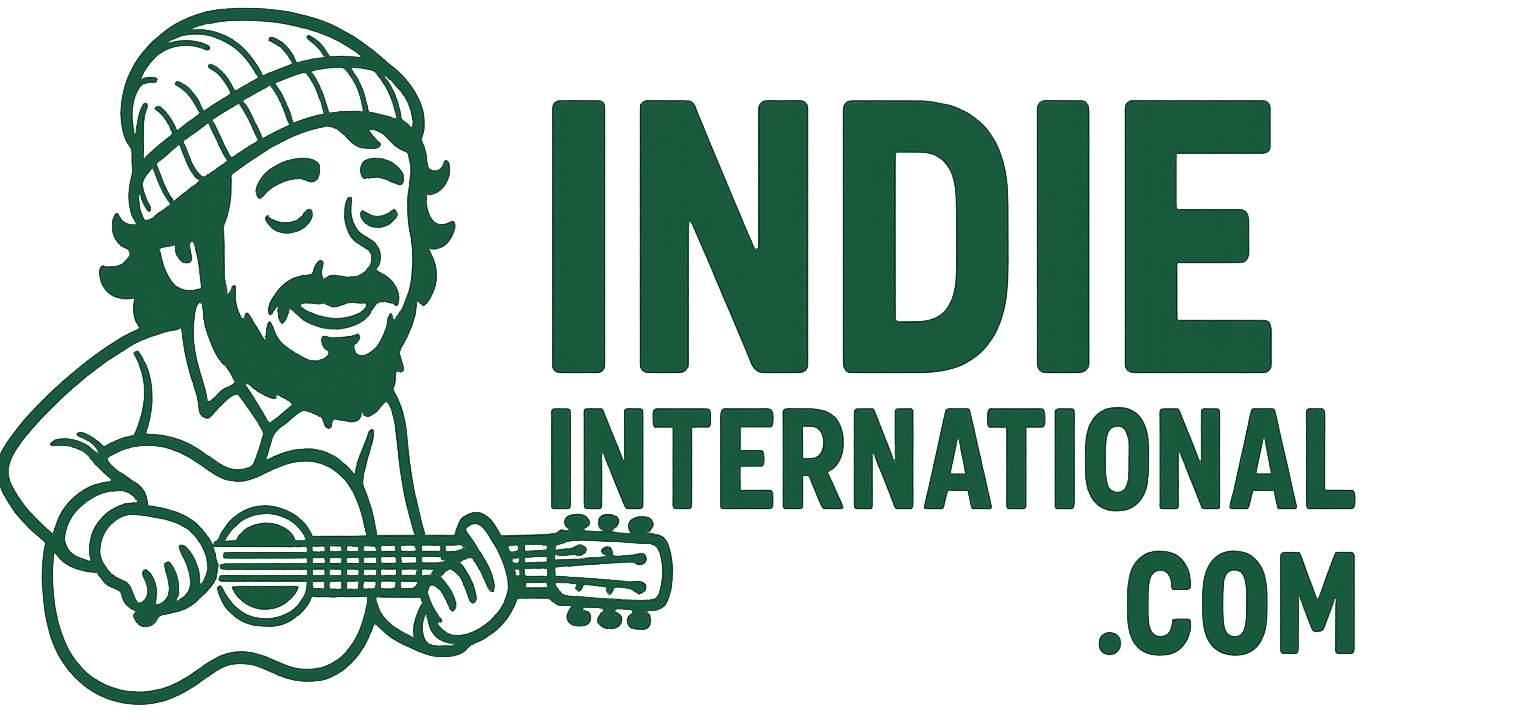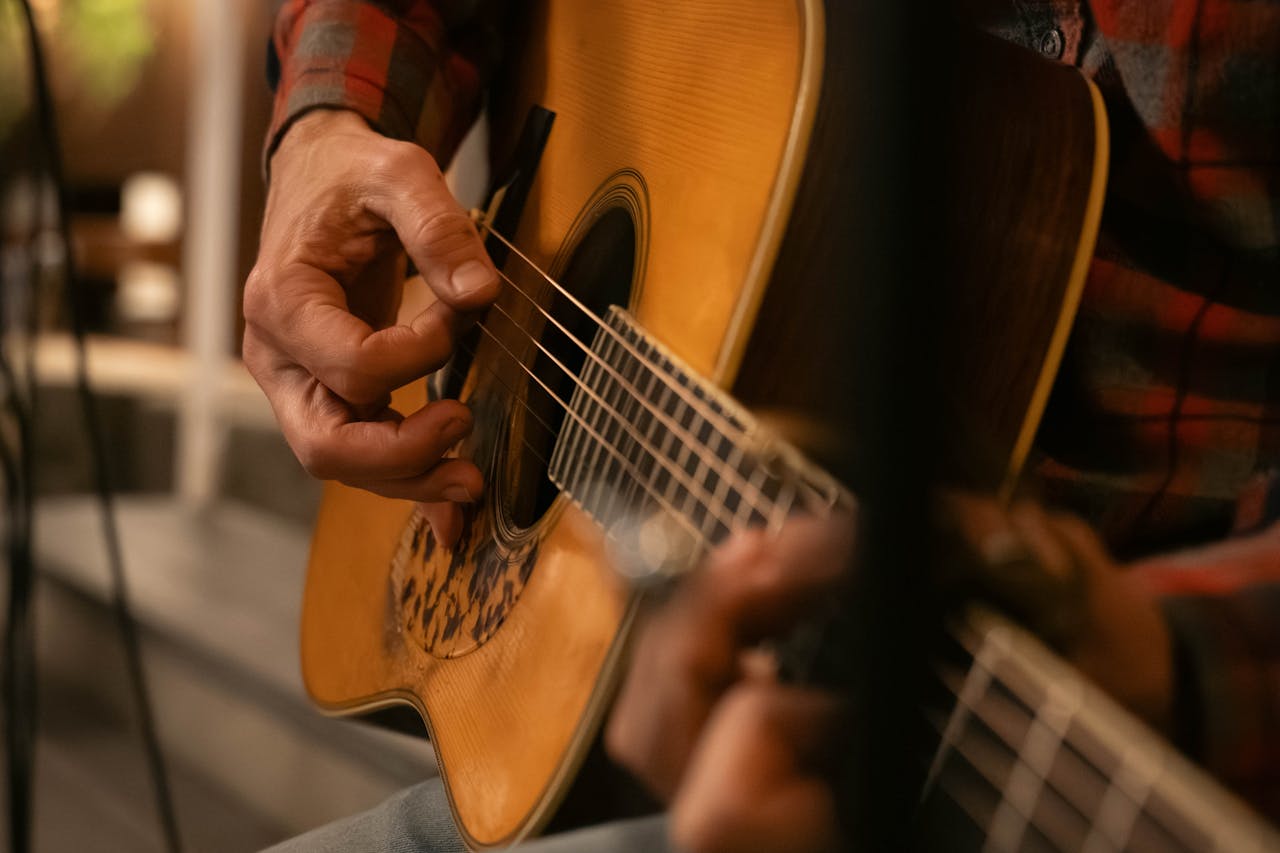The email came in on a random Tuesday afternoon. I was halfway through mixing another track when a subject line caught my attention: “Commercial Licensing Opportunity.” At first, I thought it was spam. But as I read through it, my heart rate doubled. A brand wanted to license one of my songs for their upcoming national ad campaign. That was the moment I realized my song got picked up for a commercial, and I was about to step into an entirely new chapter of my music career.
This wasn’t just about exposure or a paycheck. It was a validation that the hours spent in the studio, the endless tweaks to lyrics, and the persistence in getting my music out there had led to something tangible. But getting here wasn’t an accident. It was the result of building relationships, preparing my work in the right way, and staying ready for opportunities.
How My Music Reached the Right People
The song that got picked up wasn’t a recent release. It had been sitting on my catalog for over a year, gaining modest streams but nothing explosive. What made the difference was that I had submitted it to a music licensing platform. These platforms connect independent musicians with agencies, filmmakers, and brands looking for music.
I didn’t just throw the track up there without preparation. I made sure the metadata was complete, the audio was high-quality, and I had both vocal and instrumental versions available. I also wrote a concise, emotionally engaging description that captured the song’s vibe. That little bit of extra effort made it easier for someone browsing hundreds of tracks to stop and listen.
The Role of Networking in Music Placement
Submitting to platforms was just one part of the process. The other, and perhaps more important, was networking. I had met a music supervisor at a small industry event months earlier. We exchanged contacts and stayed in touch, though not in an aggressive, self-promotional way. Every now and then, I would send them an update if I released a track that I thought fit their style.
It turned out that they were the one who recommended my track when the brand began searching for music. The lesson was clear: relationships in this industry can open doors that cold submissions can’t. It’s about being on people’s radar without pushing too hard.
Matching the Brand’s Vision
When I found out my song was being considered, I was sent a creative brief from the agency. It outlined the mood, tempo, and general feel they wanted. To my surprise, my song fit their description almost exactly. It had an uplifting tone, a catchy hook, and an energy that matched the visual style they were aiming for.
They asked if I could make a few minor edits, shortening the intro and extending the chorus slightly to fit the ad’s timing. I jumped at the chance. Being flexible and willing to adapt made the process smoother and showed that I was committed to delivering exactly what they needed.
Negotiating the Deal
Before this experience, I had read about music licensing contracts, but seeing one in my inbox was a different reality. The agreement covered how the song would be used, the length of time it would be licensed for, the territories where the commercial would air, and the payment terms.
I didn’t try to handle everything on my own. I consulted with a music lawyer who specialized in licensing deals. It was worth the investment to make sure I understood what I was signing. They helped me negotiate better terms, including a higher fee for online usage, which I wouldn’t have known to ask for otherwise.
Preparing the Final Track
Once the contract was signed, the agency needed the final audio files. This wasn’t just about sending them the song from Spotify. They required high-resolution WAV files, separate stems for vocals and instruments, and a clean version without certain background effects that could clash with the commercial’s voiceover.
Because I had kept organized archives of my projects, I was able to deliver everything quickly. That’s a lesson I learned early in my career: always keep your files well-labeled and backed up. It saves a lot of stress when opportunities come up.
The Moment I Saw It Air
Nothing could have prepared me for the first time I saw the commercial. I was watching TV when it came on unexpectedly. There it was, my song playing behind vibrant visuals, reaching an audience far beyond my usual listeners. I couldn’t stop smiling. Hearing my music in that context made it feel new again, almost like I was experiencing it from a listener’s perspective for the first time.
Friends and family started texting me screenshots and videos. People who had never paid much attention to my music suddenly wanted to know more. The exposure was real, but so was the pride in knowing that something I created was now part of a project seen by millions.
The Impact on My Career
Since that commercial aired, I’ve seen tangible changes. My streaming numbers climbed, my social media following grew, and I started receiving more inquiries about licensing my other tracks. Brands began approaching me directly instead of me always having to pitch to them.
More importantly, I gained credibility in the eyes of industry professionals. Having a song picked up for a commercial signaled that my work met a professional standard and could hold its own alongside music from larger, established artists.
The Importance of Being Ready
One thing this experience taught me is that preparation is everything. If I hadn’t already had my music properly mixed, mastered, and organized, I might have missed this opportunity. If I hadn’t built relationships in the industry, my song might never have been recommended.
Opportunities like this rarely come with a lot of notice. You have to be in a position where you can respond quickly and professionally. That means having your catalog in order, understanding the basics of licensing, and knowing who to reach out to for advice.
Lessons I Would Share With Other Musicians
If another artist asked me how to get their music into a commercial, I’d start by telling them my exact steps. Upload your music to reputable licensing platforms and keep your profile updated. Build genuine relationships with music supervisors, filmmakers, and producers. Keep multiple versions of your songs ready for different uses, instrumentals, clean edits, and alternative arrangements.
Also, don’t underestimate the value of understanding the business side of music. Creative talent is essential, but contracts, rights, and usage terms are just as important if you want to make a living from your art.
The Human Side of Music Placement
What struck me most about this experience was how collaborative it felt. Even though the brand had specific needs, they respected the integrity of my work. They weren’t looking to change the heart of the song, just to make it fit the visual story they were telling.
It reminded me that music is a partnership between creator and audience. In this case, the audience included not just the viewers of the commercial but also the creative team behind it. We worked together to create something that resonated on both a visual and auditory level.
Looking Ahead
This isn’t the end of my story with commercial music placement. It’s just the beginning. Now that I’ve seen how the process works, I’m actively preparing more tracks for licensing opportunities. I’m also collaborating with other artists to create songs that might fit different brand identities and moods.
The experience of having my song in a commercial showed me that there are countless ways for music to connect with people. Sometimes it’s through a live performance, sometimes through a personal playlist, and sometimes through a thirty-second ad that captures a feeling perfectly.
Why This Meant More Than Just Exposure
At the heart of it, my song got picked up for a commercial not just because it sounded good, but because it told a story that fit the brand’s message. That alignment between music and message is what makes these opportunities powerful.
It also reminded me why I make music in the first place. Beyond the business side, beyond the negotiations and contracts, music is about connection. And knowing that my work became part of something that reached so many people, whether they knew my name or not, was incredibly rewarding.
Final Thoughts
Looking back, the journey to this point wasn’t linear. It was a mix of persistence, preparation, and a bit of luck. But every step, from uploading my music to networking with industry contacts, played a role in making it happen.
If you’re an artist dreaming of this kind of opportunity, remember that it’s not an unreachable goal. It requires dedication, strategy, and an openness to collaboration. Stay prepared, keep creating, and put yourself in spaces where your music can be heard.
Because one day, you might open your email and read those words that change everything: “We’d like to license your song for our commercial.” And you’ll know exactly how it feels when you can say, my song got picked up for a commercial.

